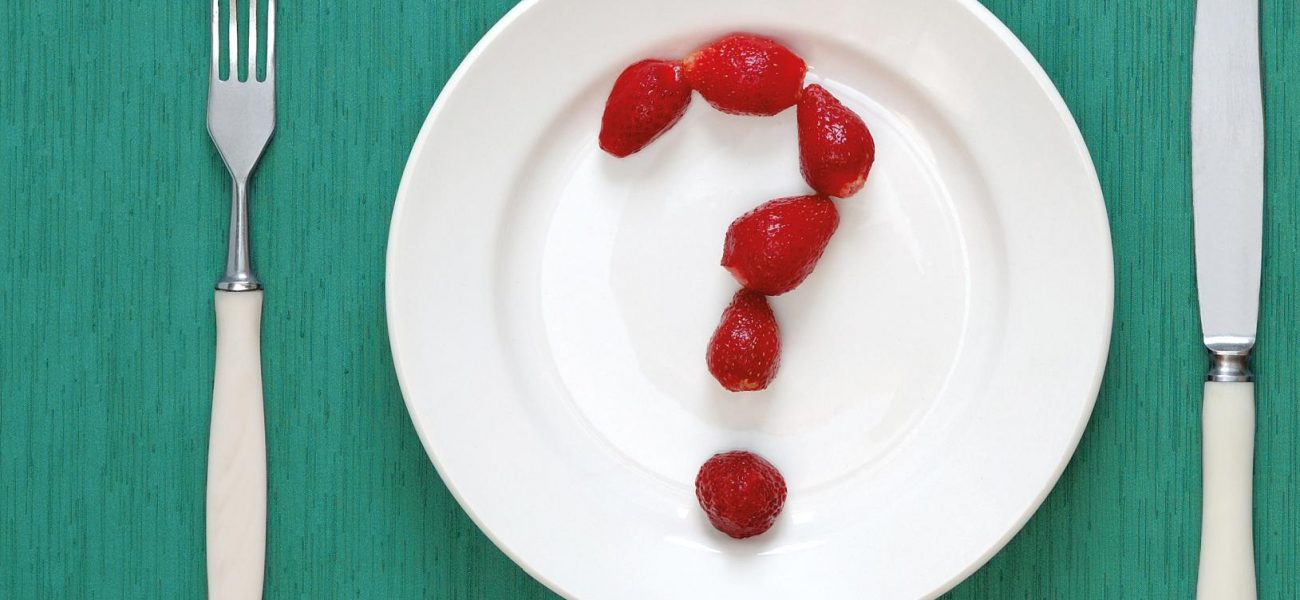An unhealthy diet equals unhappy hormones. So what should you be serving up to stay balanced? Our experts dish the details
From mood swings to spots, hormones have a lot to answer for. But have you ever thought about throwing them some support? As nutritional health coach Holly Zoccolan (thehealthzoc.com) explains, our hormones are chemical messengers that work with parts of our overall health, including memory and sleep. So what happens when they’re not all getting along? “If just one of our hormones is out of balance, it can lead to health issues including weight gain, fertility issues and depression,” she says. It’s scary stuff, but diet can play a big part – which means you can wrestle back some control if the brood become rowdy. Here’s how…
Eat real food
“Food sets the foundation and provides building blocks for our bodies to find balance and function optimally,” says Gabriella. “Drink lots of water and eat a whole ‘real’ food diet without the processed stuff, including lots of fruit and veg, whole grains, beans, seeds and pulses, good-quality meat and dairy. Choose organic where possible.”
Up your intake of omega 3 fats…
“These unsaturated fats are essential for balanced hormones,” says Aisling Moran, a nutritional scientist at Thriva (thriva.co). “They’re needed for hormone production and might even help lower raised androgen levels, such as testosterone. Oily fish, chia seeds, flaxseeds and walnuts are good sources. Menopause can increase your risk of developing heart disease, so opting for unsaturated fats, like omega 3s, will help reduce your risk.”
…but be aware of other fats
“We should be avoiding trans fats and oils such as canola, sunflower and corn,” says Holly. “This is because they are highly processed and can also negatively affect the balance of our hormones.”
Reduce caffeine
“Caffeine is not inherently bad,” Gabriella tells us. “However, if you are stressed or have abnormal cortisol levels, caffeine can add fuel to the fire. If you feel like you need that cup of coffee to get going, then it could be a sign of an imbalance. Try to drink caffeine alternatives, such as herbal teas, adaptogenic drinks or golden milk.”
Balance your blood-sugar levels
“The body wants to maintain a stable blood-sugar level,” says Gabriella. “Over time, spikes and drops can deplete essential nutrients, put stress on the body, affect the gut, lead to inflammation, worsen our mood, and alter our ability to regulate the body’s blood-sugar levels for good. To stay on top of it, eat consistently throughout the day (no skipped meals) and include protein and healthy fat with each dish.”
Fill up on fibre
“A high-fibre diet full of whole grains, fruits, and vegetables is thought to help remove excess oestrogen, which can help with PMS symptoms,” says Aisling.
“It’s also linked to a reduced risk of heart disease, which is particularly beneficial once you reach menopause.”
David Wiener, a training specialist for fitness app Freeletics, confirms fibre is also essential for maintaining insulin levels, helping us to feel fuller for longer – and less likely to mindlessly snack.
Get vit fit
“Vitamin B6 is needed for hormone production,” says Aisling. “It also helps with the absorption of other key nutrients, such as magnesium. Chickpeas, tuna, salmon, whole grains and potatoes are all good sources.
Hormones 101
If the term ‘chemical messengers’ leaves you scratching your head or gunning for Google, don’t fret: nutritional therapist Gabriella Espinosa (gabriellaespinosa.com) is here with the lowdown
Cortisol
This regulates metabolism and the immune response, and helps the body respond to stress. High levels can lead to lack of sex drive and irregular periods; low levels can cause fatigue and mood swings.
Progesterone
Progesterone plays an important role in the menstrual cycle and the early stages of pregnancy. Low progesterone levels can result in irregular periods and heavy flow.
Oestrogen
This controls the development and regulation of the reproductive system. Excess levels can manifest as weight gain, acne and constipation, while low levels can cause mood changes or depression.
Testosterone
Testosterone plays a key role in reproduction, and the maintenance of bone and muscle strength. Low testosterone can be the reason for low libido and osteoporosis, while high levels can cause excessive hair growth and acne.
Insulin
Insulin controls the glucose levels in our bodies. An imbalance can lead to a number of symptoms, including fatigue, anxiety, dizziness and blurred vision.
Thyroid
This is important for metabolic health. Too much thyroid hormone can cause sleep problems and irritability, but too little can cause fatigue and forgetfulness.
Help your hormones
Keep your chemical messengers in check with these top tips
Hello, high-quality sleep
“Even if you have the perfect diet and exercise plan, if you’re not getting enough restorative sleep you won’t be at your optimum health,” says David. “Poor sleep has been linked to imbalances of a number of hormones. Aim for at least seven hours a night.”
Try supplements
“It isn’t always achievable to get all of our nutrition from foods,” says Holly. “Some supplements can complement a healthy diet to balance hormones – try vitamin D, probiotics, evening primrose oil and ashwagandha.”
Engage in regular exercise
“Exercise can reduce insulin levels and increase insulin sensitivity,” says David. “This hormone allows cells to take sugar and amino acids from the bloodstream, which are used for energy.”
Manage your stress levels
“Living under constant stress can really kick your hormones out of check,” says Holly. “Meditating, journaling or practising deep breathing for as little as five minutes per day can really help.”



















